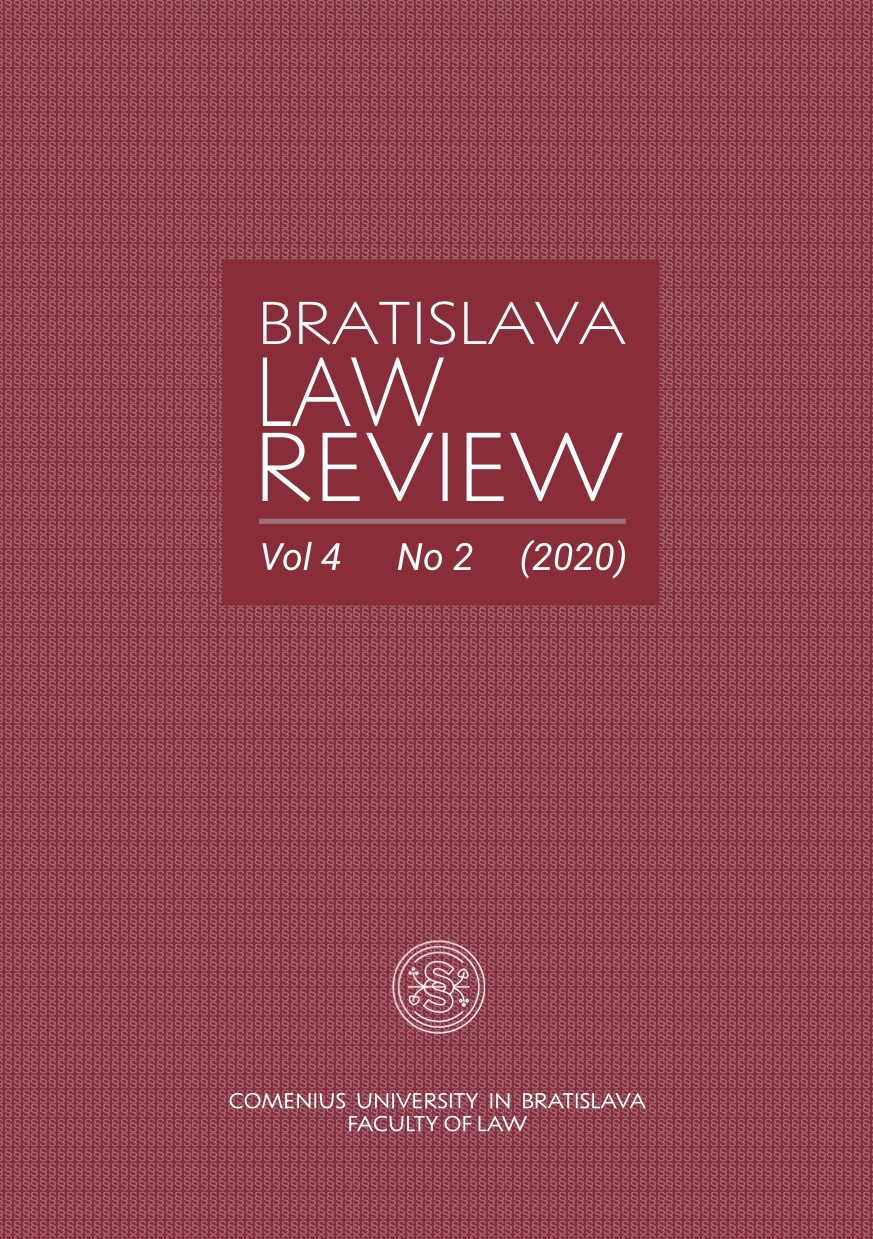Schrems II: Will It Really Increase the Level of Privacy Protection against Mass Surveillance?
Schrems II: Will It Really Increase the Level of Privacy Protection against Mass Surveillance?
Author(s): Václav Stehlík, Lusine VardanyanSubject(s): Law, Constitution, Jurisprudence, EU-Legislation, Court case
Published by: Univerzita Komenského v Bratislave
Keywords: Court of Justice; privacy; mass surveillance; Schrems I; Schrems II.; EU Law;
Summary/Abstract: An important event that once again brought to the forefront issues related to mass surveillance was the judgment of the Court of Justice of the European Union (hereafter referred as CJEU) delivered on July 16, 2020 in the case of Data Protection Commissioner v. Facebook Ireland Ltd. and Maximilian Schrems (Schrems II). It can be considered as the first serious precedent in the field of surveillance, which is aimed at ensuring privacy in the field of national security. Therefore, it becomes an important issue to assess its impact on the legal framework of international transfers of personal data and on the level of privacy protection. The impact of the judgment on the level of privacy protection and mass surveillance is particularly important now that CОVID-19 contact tracing programs are being widely used. In this research we try to trace the formation of the approach to mass surveillance in the case-law of CJEU before and after the Schrems II. We also try to point out some of the difficulties that the process of cross-border data transfer will face after the Schrems II. The main question of the study is whether the approach of the CJEU developed in the Schrems II will actually increase the privacy protection against mass surveillance. We conclude that the Schrems II is an important decision with serious consequences that go beyond the direct impact on data transfer between the EU and the US. It can have controversial influence of the level of privacy protection. Together with the positive trend of formation of more harmonized global data protection standards it can create many unresolved problems in the field of international data transfer and in economic dimension.
Journal: Bratislava Law Review
- Issue Year: 4/2020
- Issue No: 2
- Page Range: 111-128
- Page Count: 18
- Language: English

